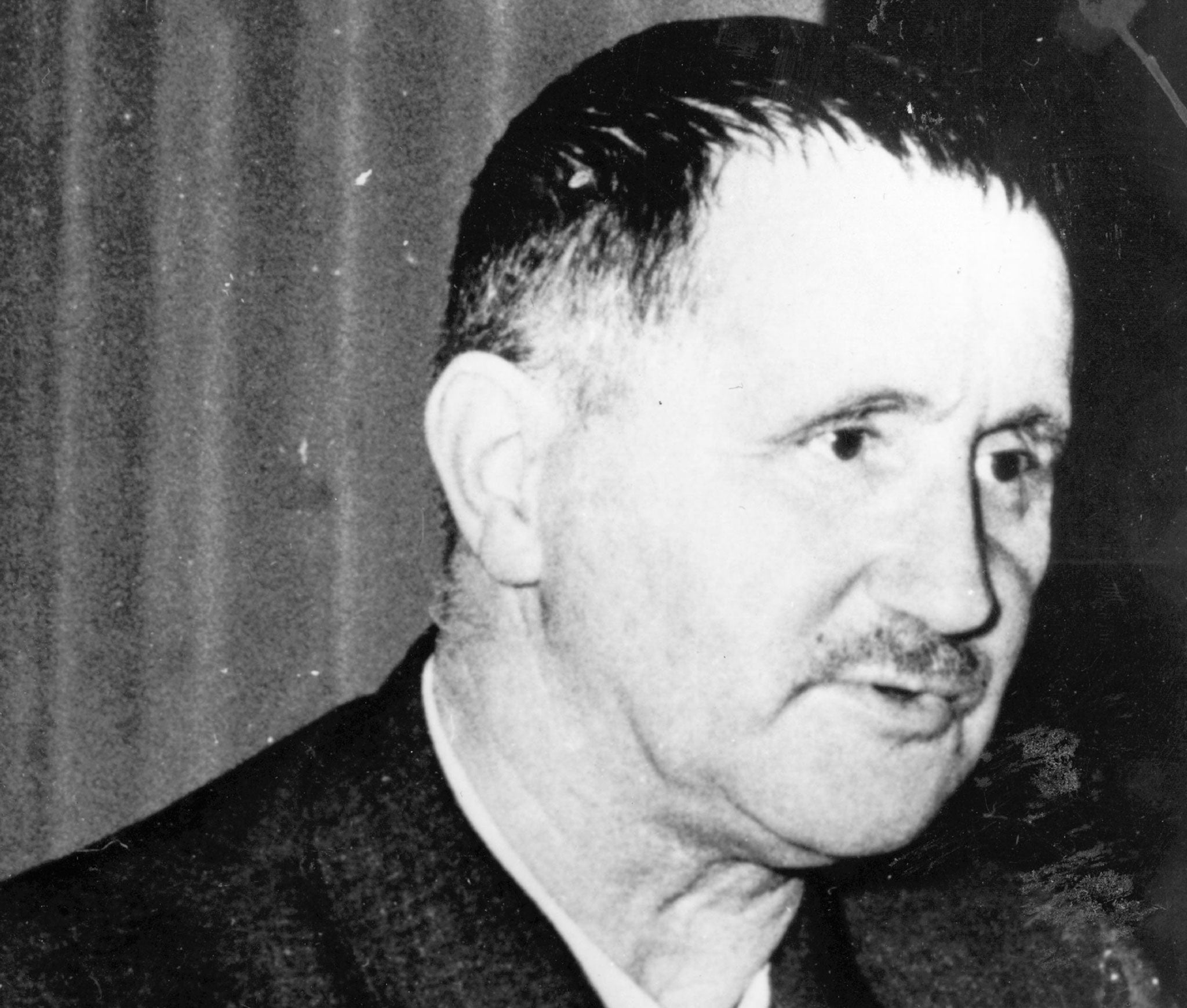Bertolt Brecht: Love Poems trans David Constantine & Tom Kuhn, book review
This collection is the opening movement of the honourable mission to bring Brecht's poetic works into English

Your support helps us to tell the story
From reproductive rights to climate change to Big Tech, The Independent is on the ground when the story is developing. Whether it's investigating the financials of Elon Musk's pro-Trump PAC or producing our latest documentary, 'The A Word', which shines a light on the American women fighting for reproductive rights, we know how important it is to parse out the facts from the messaging.
At such a critical moment in US history, we need reporters on the ground. Your donation allows us to keep sending journalists to speak to both sides of the story.
The Independent is trusted by Americans across the entire political spectrum. And unlike many other quality news outlets, we choose not to lock Americans out of our reporting and analysis with paywalls. We believe quality journalism should be available to everyone, paid for by those who can afford it.
Your support makes all the difference.I once had two minor parts in a troublingly unabridged youth theatre production of Bertolt Brecht's The Good Person of Szechwan; I fell in love with lines Shen Teh speaks to the audience, which interestingly turn up here in poem form: "I shall go with the one I love/ I shall not reckon what it costs. I shan't consider if it's right/ I shall not ask if he loves me/I shall go with him I love." Once, during a particularly fraught four-hour audience preview of Szechwan, I kept repeating those lines over and over to myself to keep myself going.
This collection of Love Poems, the opening movement of the honourable mission to bring Brecht's poetic works into English, being undertaken by David Constantine and Tom Kuhn, is an achievement which feels worth celebrating. The introduction by Brecht's daughter, Barbara Brecht-Schall, is fascinating; before we see Brecht the writer, we see Brecht the father, husband and lover and hear of the family's near-constant exile and flight from the Nazis. It's a sensitive introduction which sits well next to the assertive and well-rounded translators' introduction from Constantine and Kuhn in which the two translators boldly say that Brecht is "a great poet, one of the three or four best in the whole of German literature" – the project they are embarking upon will likely prove them to be correct.
During their introduction, Constantine and Kuhn recall a poetry competition Brecht judged in 1926 ; no prize was given because "in none […] was there any successful attempt to communicate anything of value to anybody. None of these poems was of any use". That idea of use is an interesting one to have in one's mind during reading this collection of Love Poems.
"So various in form, voice, register, feeling and argument" is how the introduction to the poems ends and it sums up the collection well; as does the phrase on the back blurb which speaks of the range of the book "from tightly written sonnets to jaunty doggerel"– that such a quote adorns the back of the book clearly shows no attempt to only go with the obviously literary poems; all of Brecht, in all his breadth, is on display.
It is, as with the poem quoted at the beginning, when love is irrevocably tied to loss that Brecht is at his strongest and his most moving. "The Seventh Psalm" is beautiful, so too the ending of "He was easy to get…" and many more besides.
Having come to the book without knowing his poetry at all, one of the curious and delightful things is how thoroughly modern he feels, in use of words such as "dickhead", in jaunty, playful titles such as " Thoughts of a stripper during the act of undressing".
If we are to judge Brecht on the conditions he laid down during judging the poetry competition way back in the 1920s, that poetry should be of some use, then there is a two-fold response here; to the Brecht scholar or fan, Constantine and Kuhn's project is of immense use, and carries immense value; for the casual reader, whilst they might not get something from every single poem, there is enough beauty, enough humour, enough love, to be of immense use to them as well.
Andrew McMillan's poetry collection, 'physical' (Jonathan Cape) won the 2015 Guardian first book award last week
Liverlight, £9.99. Order at £8.54 inc. p&p from the Independent Bookshop
Join our commenting forum
Join thought-provoking conversations, follow other Independent readers and see their replies
Comments